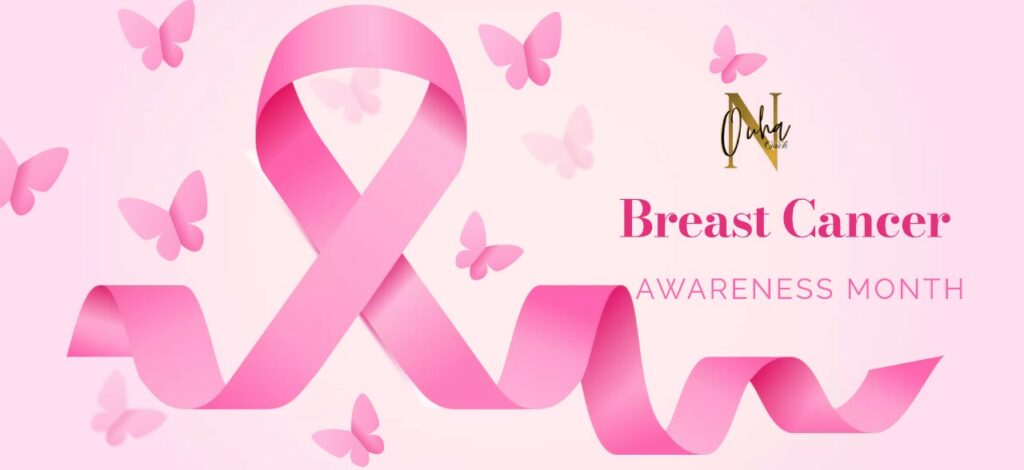Breast Cancer Awareness: Understanding the Risk and Early Detection
Breast cancer is a critical concern for women worldwide, as it’s the second most common cancer diagnosed in women globally. Despite ongoing advancements in research and treatment, breast cancer remains a significant health issue, underscoring the importance of awareness, education, and early detection.

Understanding the Risk:
Breast cancer is often seen as an « older woman’s disease, » but the reality is that it can affect women of all ages. While the risk of developing breast cancer increases with age, it’s essential to recognize that younger women can also be affected. Lifestyle factors, such as alcohol consumption, obesity, and lack of physical activity, can increase the risk. A family history of breast cancer or genetic mutations (like BRCA1 and BRCA2) can also elevate one’s chances of developing the disease.
The Importance of Early Detection:
Early detection is crucial because breast cancer that’s diagnosed and treated at an early stage has a higher chance of being cured. Mammography screening is the most effective method for detecting breast cancer early. Women aged 40 and older are recommended to have yearly mammograms, although some organizations suggest starting at age 45 or even 50 for those at average risk. It’s important to discuss the best screening schedule with a healthcare provider based on individual risk factors.
Self-awareness is also essential. Women should know how their breasts normally look and feel and report any changes promptly to a healthcare provider. Common signs of breast cancer include lumps or masses, nipple discharge, changes in breast shape or size, and skin changes such as redness, dimpling, or puckering.
Raising Awareness:
Breast cancer awareness is not only about understanding the risk and early detection but also about supporting those affected. It’s essential to foster a supportive community for individuals undergoing breast cancer treatment and for survivors. Many organizations offer resources and support services for patients, survivors, and their families.
In conclusion, breast cancer awareness and early detection are vital for women’s health. By understanding the risk factors, promoting early screening, and fostering a supportive environment, we can make significant strides in preventing and treating breast cancer. Let’s continue to raise awareness, educate, and support each other in the fight against breast cancer.

